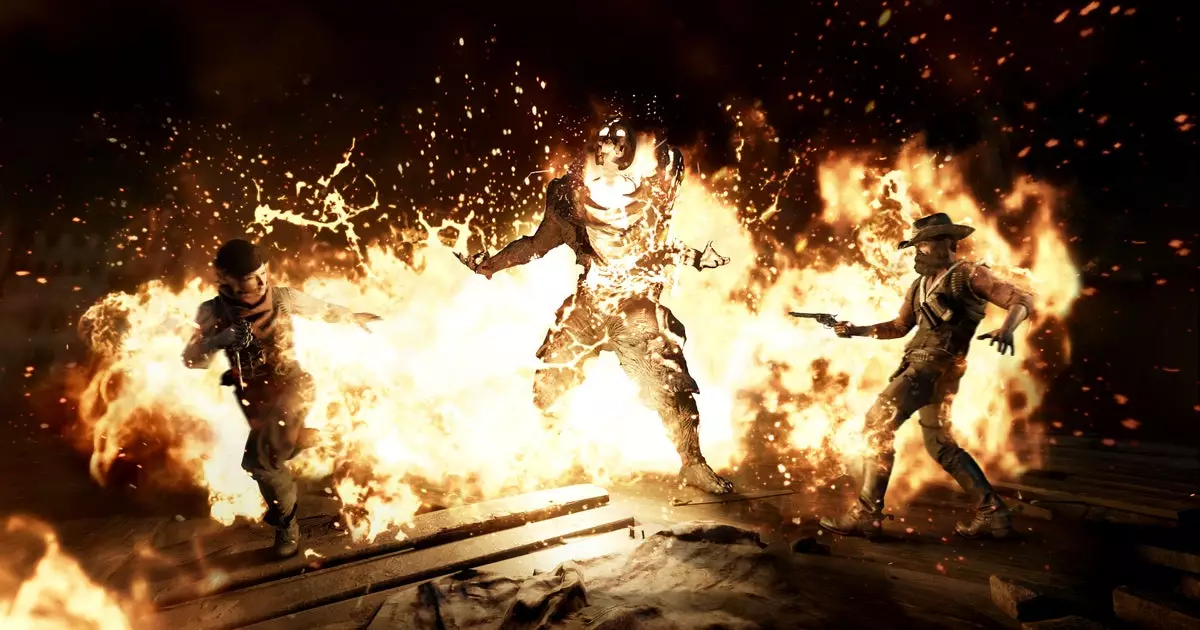In a significant turn of events, Crytek, the company behind well-known titles like *Hunt: Showdown* and the *Crysis* franchise, has announced a reduction of approximately 15 percent of its workforce. This equates to around 60 employees out of an estimated 400, a move the company attributes to “complex, unfavourable market dynamics.” This situation not only reflects the current challenges faced by the gaming industry but also highlights the delicate balance developers must strike in an era marked by rapid technological advancements and shifting consumer expectations.
Crytek has recently faced several hurdles, including the temporary cessation of development for *Crysis 4*. This decision, made last year, forced team members to focus their efforts on revitalizing *Hunt: Showdown* through its ambitious reboot, *Hunt: Showdown 1896*. Despite this pivot, Crytek’s management has acknowledged the need for drastic measures to ensure the company’s long-term viability. The executive team’s recent statement captures the gravity of the situation, expressing their regret at having to implement layoffs while underscoring the commitment to offer severance packages and career support for those affected.
The Economic Landscape of Gaming
To understand the rationale behind these layoffs, one must take a closer look at the broader economic landscape impacting the gaming industry. Crytek’s assertion regarding “complex, unfavourable market dynamics” is somewhat vague, leaving many to wonder whether these challenges stem from overexpansion, ill-fated investments in emerging technologies like VR, or the repercussions of rising costs due to inflation.
Over the past decade, many gaming companies have enthusiastically pursued aggressive growth strategies, often rooting their plans in post-pandemic optimism. However, the reality of the gaming market has proven to be far more volatile than anticipated. As consumer spending patterns shifted, particularly in the wake of economic uncertainties, companies found themselves grappling with over-reliance on single titles or projects that failed to meet expectations.
Furthermore, the discussion of layoffs in the gaming industry often brings to light the struggles smaller developers face in maintaining their operations amid fierce competition from larger entities. Crytek is not alone in this scenario; numerous game developers have seen similar reductions in their workforce as they attempt to navigate the turbulent waters of an industry riddled with unpredictability.
Prospects and Future Challenges
Despite their historical significance in the gaming sector, the future of Crytek is uncertain. The concurrent player counts for *Hunt: Showdown* reveal a positive trajectory, with a peak of around 60,000 concurrent players attributed to the recent update. Still, this figure pales compared to titans of the industry, such as *Grand Theft Auto V*, which consistently sets benchmarks for gaming revenue.
Additionally, Crytek’s strategic decision to place *Crysis 4* development on hold signals potential setbacks for a franchise that has not seen a new installment since its last entry in 2013. The lengthy development hiatus further fuels skepticism about the revitalization of a beloved series when resources are stretched thin, and the industry is rife with competition.
As they attempt to move forward, Crytek’s reliance on their flagship products and engine, CryEngine, could become a double-edged sword. While diversifying their portfolio may aid in stabilizing finances, the company must also maintain its brand’s integrity and listen to the community’s feedback. Balancing innovation with financial prudence will be crucial.
The recent layoffs at Crytek serve as a sobering reminder of how unpredictable the gaming industry can be. They encapsulate the challenges developers face in a world where financial sustainability is becoming progressively more elusive. As the industry continues to evolve, Crytek’s ability to adapt and prosper will depend on their strategic decisions and, crucially, their willingness to be transparent with both their workforce and the gaming community. In an environment where audience loyalty can be fleeting, finding the right direction may well prove to be a daunting task for Crytek and many others navigating similar obstacles.

